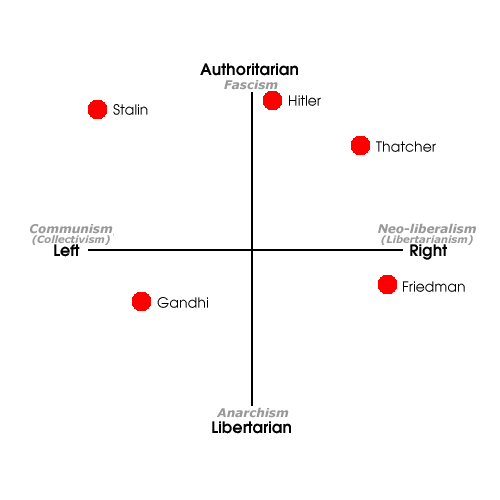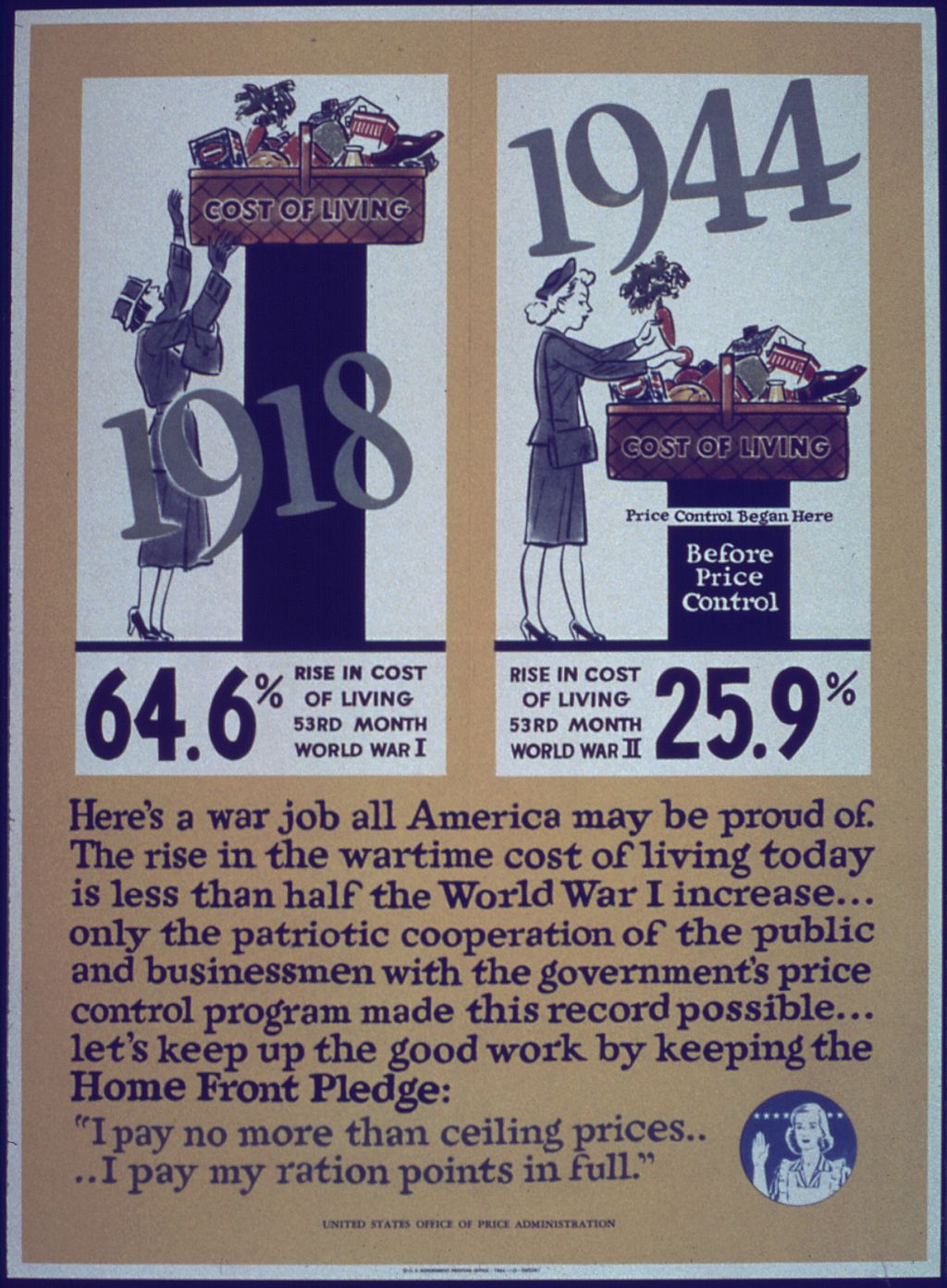The rhetoric of the Nazi regime stated that German private companies would be protected and privileged as long as they supported the economic goals of the government - mainly by participating in government contracts for military production - but that they could face severe penalties if they went against the national interest. However, such threats were rarely carried out in practice, and "companies normally could refuse to engage in an investment project designed by the state without any consequences." Private firms refused government contracts and directions on many occasions. In 1937,
de Wendel, a coal mining enterprise, refused to build a hydrogenation plant. In 1939,
IG Farben denied a government request to increase its production of
rayon and refused to invest in a synthetic rubber factory despite this being an important project for the regime.
Froriep GmbH, a company producing machines for the armaments industry, successfully demanded cheap credit from the Nazi government under a threat of cutting back investment if its demand was not met. The regime generally used monetary incentives, such as guaranteed profits, to persuade businesses to support its goals, and freedom of contract was generally respected even in projects important for the war. According to historians Christoph Buchheim and Jonas Scherner, the reason why businesses sometimes refused these incentives was out of long-term profitability considerations. The government usually tried to persuade them to join military projects, but firms were worried about overcapacity in case the armaments boom would end. They did not want to commit themselves too much to war-related production for the future.





